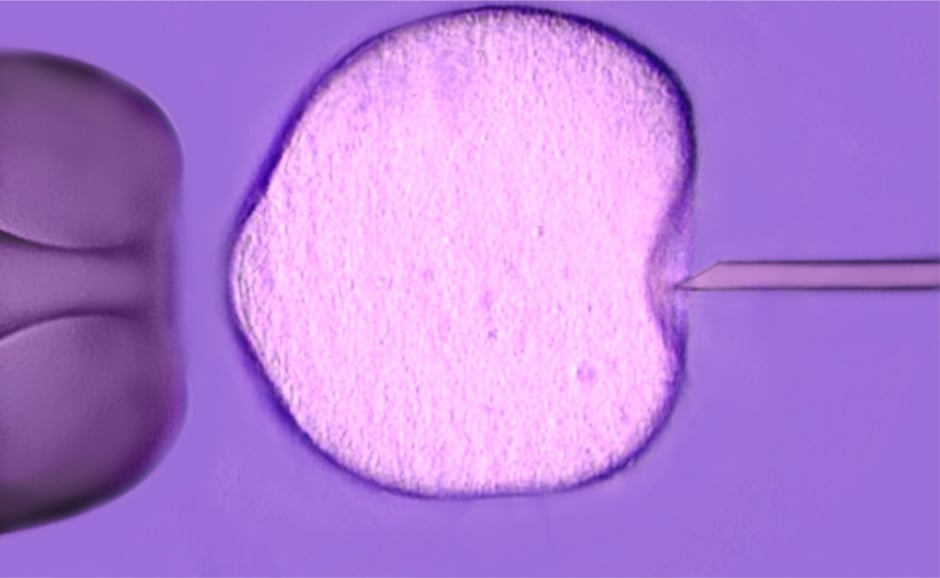INFANTS born very preterm (<32 weeks’ gestation) after in vitro fertilisation (IVF) conception have similar in-hospital and neurodevelopmental (ND) outcomes compared to spontaneously conceived infants of the same gestational age, providing reassurance for individuals considering IVF treatment.
This retrospective, population-based study analysed data from 35,712 live births in Sangamon County, Illinois, over a 10-year period. Of these, 755 (2.1%) were conceived via IVF, with 31.3% of IVF-conceived infants born preterm compared to 11.2% of infants conceived without assisted reproductive technology. A cohort of 27 IVF-conceived very preterm infants (<32 weeks’ gestation) was matched 1:2 with 54 spontaneously conceived very preterm infants based on gestational age, birth weight, and gender. Demographic and in-hospital data, as well as ND outcomes through 24 months, were assessed.
Women conceiving via IVF were more likely to be older (odds ratio [OR] 1.21; 95% confidence interval [CI], 1.07–1.35; p = 0.001). Despite this, other factors, including primigravida status, antenatal corticosteroid use, delivery mode, and length of hospital stay, were comparable between groups. In-hospital outcomes, such as the need for surfactant therapy, showed no significant differences. ND outcomes, though limited by incomplete follow-up, were also similar between IVF and control groups.
The findings of this study suggest that IVF does not confer additional risks for very preterm infants compared to spontaneous conception, once factors such as gestational age and birth weight are accounted for. These results are consistent with prior research, extending reassurance to individuals undergoing IVF that long-term outcomes for very preterm infants are not adversely affected by mode of conception. Clinically, these findings emphasise that IVF pregnancies should be monitored for preterm birth risks similarly to other pregnancies, without additional cause for concern over neonatal or developmental outcomes. Future studies should explore larger, more diverse populations to confirm these findings and consider follow-up beyond infancy to assess longer-term developmental trajectories.
Reference
Badger T et al. Developmental outcomes of very preterm infants conceived through in vitro fertilization. Arch Med Res. 2024;55(8):103136.








